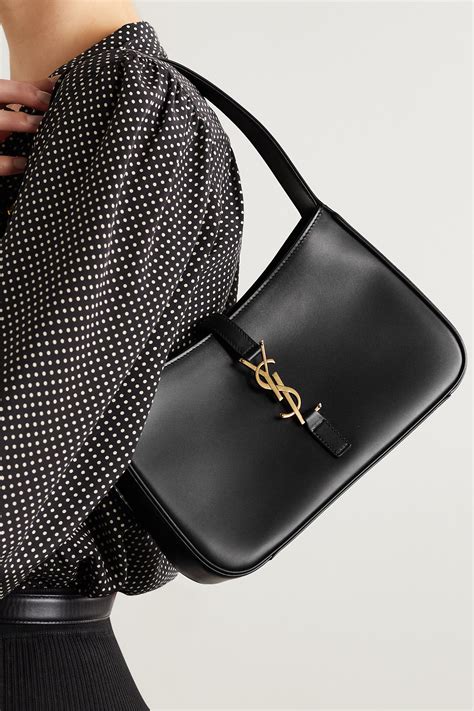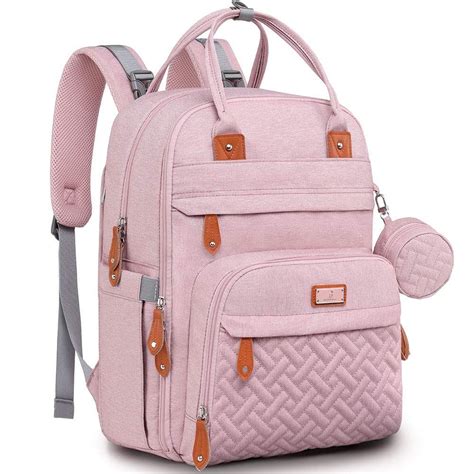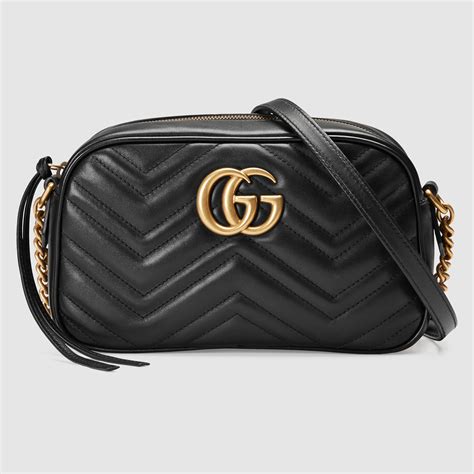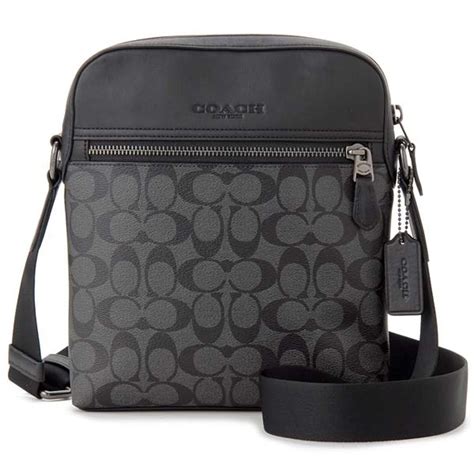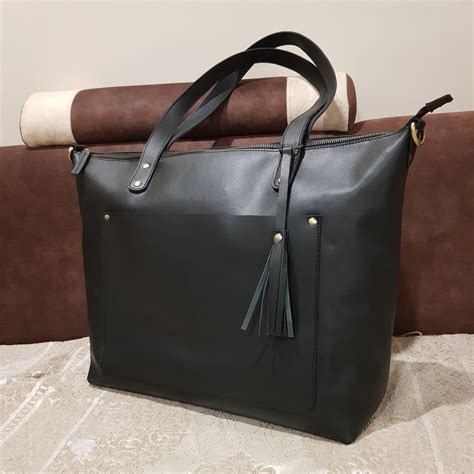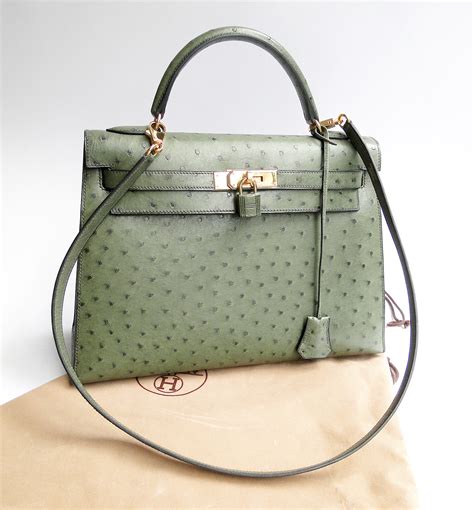where are michael kors suits made | Michael Kors men's suit separates
$259.00
In stock
When looking through suits made by Michael Kors, you'll find a wide range of designs to choose from. Plaids, windowpanes, pinstripes, and solids are all characteristic of their designs. The brand has carved a significant niche in the fashion industry, offering a blend of classic American sportswear with a touch of modern sophistication. This article delves into the complex world of Michael Kors suit manufacturing, exploring where these garments are actually produced, the various factors influencing production location, and the broader context of Michael Kors' diverse product lines, including men's suits, jumpsuits, tracksuits, and suits for women and boys.
The Global Supply Chain: Unraveling the "Made In" Label
Determining the precise origin of Michael Kors suits, or any garment from a major global brand, is rarely a straightforward task. Fashion companies, including Michael Kors, operate within intricate global supply chains. This means that different stages of production – from sourcing raw materials like wool, cotton, and synthetic fabrics to cutting, sewing, and finishing – can occur in different countries, often across multiple continents.
While Michael Kors doesn't publicly disclose a comprehensive list of its manufacturing locations, a close examination of "Made In" labels found on Michael Kors suits reveals a pattern. China, Vietnam, Indonesia, Italy, and Turkey are frequently cited as countries of origin for Michael Kors apparel, including suits. This doesn't necessarily mean that all Michael Kors suits are exclusively made in these countries. The location can vary based on the specific design, the type of fabric used, the complexity of the construction, and the prevailing economic conditions.
Factors Influencing Manufacturing Location:
Several key factors influence a brand's decision to manufacture its products in a particular country:
* Labor Costs: This is perhaps the most significant factor. Countries like China, Vietnam, and Indonesia have historically offered lower labor costs compared to developed nations. This allows brands to produce garments at a more competitive price point. However, it's crucial to note that labor costs in these countries are gradually increasing, leading some companies to explore alternative manufacturing locations.
* Fabric Sourcing and Availability: The availability of high-quality fabrics is another critical consideration. Italy, for instance, is renowned for its textile industry, particularly its production of fine wool and silk. Therefore, Michael Kors suits using premium Italian fabrics might be manufactured in Italy to maintain quality and minimize transportation costs. Other countries may specialize in specific types of cotton or synthetic materials, influencing the sourcing and manufacturing decisions.
* Manufacturing Expertise and Infrastructure: Certain countries possess well-established manufacturing infrastructure and a skilled workforce specializing in garment production. This includes expertise in pattern making, cutting, sewing, and finishing techniques. China, Vietnam, and Turkey have developed significant manufacturing capacity over the years, attracting brands seeking reliable and efficient production.
* Trade Agreements and Tariffs: International trade agreements and tariffs can also play a significant role. These agreements can influence the cost of importing fabrics and exporting finished products, impacting the overall profitability of manufacturing in a particular location.
* Ethical Considerations and Sustainability: Increasingly, brands are under pressure to ensure ethical labor practices and sustainable manufacturing processes. This includes fair wages, safe working conditions, and environmentally responsible production methods. While cost remains a factor, companies are beginning to prioritize suppliers who adhere to ethical and sustainable standards.
* Quality Control and Monitoring: Maintaining consistent quality is paramount for any brand. Therefore, companies often have quality control teams stationed in manufacturing locations to oversee production processes and ensure that garments meet the required standards. The level of monitoring and quality control can vary depending on the brand and the type of product.
Michael Kors Men's Suits: A Closer Look
Michael Kors offers a diverse range of men's suits, catering to different styles and occasions. These suits are typically categorized into:
* Classic Fit Suits: These suits offer a more traditional and relaxed silhouette, providing comfort and ease of movement.
* Slim Fit Suits: Slim fit suits are designed to be more tailored and form-fitting, creating a modern and streamlined look.where are michael kors suits made
* Modern Fit Suits: Modern fit suits strike a balance between classic and slim fits, offering a slightly more tailored silhouette without being overly restrictive.
The fabrics used in Michael Kors men's suits vary depending on the price point and the intended use. Wool is a common choice for its durability, breathability, and elegant drape. Wool blends, often incorporating polyester or rayon, are also used to reduce costs and enhance wrinkle resistance. Linen and cotton suits are popular for warmer weather.
The manufacturing location of Michael Kors men's suits can vary depending on the specific style and fabric. Suits made with premium Italian wool might be manufactured in Italy, while those made with more affordable fabrics might be produced in China, Vietnam, or Indonesia.
Michael Kors Men's Suit Separates:
The option to purchase Michael Kors men's suit separates provides flexibility in sizing and styling. Customers can choose the jacket and pants separately to ensure a perfect fit. This also allows for mixing and matching different colors and patterns. The manufacturing location for suit separates follows the same principles as full suits, with variations depending on fabric and design complexity.
Michael Kors Jumpsuits: A Fashionable Alternative
Beyond suits, Michael Kors also offers a range of jumpsuits for women. These one-piece garments provide a stylish and versatile alternative to dresses or separates.
Additional information
| Dimensions | 6.1 × 4.1 × 1.3 in |
|---|


